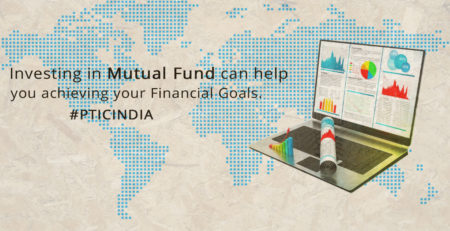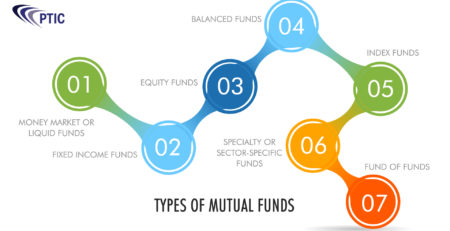Retiring early is a dream for many, offering the freedom to pursue passions, spend time with loved ones, and enjoy life without the stress of a 9-to-5 job. However, achieving early retirement requires meticulous planning and disciplined investing. Here’s a comprehensive guide to help you get started:
1. Define Your Early Retirement Goals
The first step is to set a clear goal.
- Decide the age at which you want to retire.
- Estimate your future expenses, including housing, healthcare, travel, and leisure.
- Factor in inflation to ensure your savings have adequate purchasing power.
2. Start Saving and Investing Early
The earlier you begin, the more time your investments have to grow through compounding.
- Aim to save at least 30-50% of your income.
- Prioritize investments in high-growth options like equity mutual funds, stocks, or real estate.
Tip: Every year you delay could significantly reduce your potential returns.
3. Choose the Right Investment Options
To achieve early retirement, focus on investments that offer a balance of growth and stability:
- Equity Mutual Funds: These funds have the potential to deliver higher returns over the long term.
- Index Funds and ETFs: Low-cost and efficient, they mirror market performance.
- Real Estate: Invest in properties that can generate rental income or appreciate in value.
- Fixed Deposits and Bonds: For low-risk and steady returns, allocate a portion of your portfolio here.
- Retirement Accounts: Contribute to plans like the National Pension System (NPS) or Public Provident Fund (PPF) for long-term savings.
4. Consider a Systematic Investment Plan (SIP)
Investing through a Systematic Investment Plan (SIP) allows you to build wealth consistently over time. SIPs also help mitigate market volatility and instill financial discipline.
5. Create Multiple Income Streams
Early retirement requires more than just savings; you’ll need passive income sources to sustain your lifestyle:
- Invest in dividend-paying stocks or mutual funds.
- Build a portfolio of rental properties.
- Explore freelancing or consulting opportunities post-retirement to generate additional income.
6. Manage Your Expenses
Living a frugal lifestyle while working can help you save more for your early retirement.
- Avoid unnecessary debt and prioritize paying off existing loans.
- Track your spending and stick to a budget.
- Invest windfalls like bonuses or inheritances instead of splurging.
7. Regularly Monitor and Adjust Your Investments
Market conditions, inflation, and personal goals can change over time. Regularly review your portfolio to ensure it aligns with your early retirement goals. Rebalance your investments if needed to maintain the right asset allocation.
8. Protect Your Savings
Secure your financial future by:
- Purchasing adequate health and life insurance.
- Building an emergency fund to cover unexpected expenses for at least 6-12 months.
This ensures that unforeseen events don’t derail your retirement plans.
Why Choose PTIC India for Early Retirement Planning?
At PTIC India, we’ve been helping individuals achieve their financial goals since 1995. With over 22+ years of experience, 6,500+ satisfied clients, and ₹2000+ crores invested, we provide a one-stop solution for all wealth management needs.
Contact us today to plan your early retirement and secure a stress-free financial future!
Final Thoughts
Investing for early retirement requires discipline, consistency, and the right guidance. By following these steps and staying committed to your goals, you can retire early and enjoy the financial freedom you’ve always dreamed of.
Start your early retirement journey with PTIC India, where we organize wealth and ensure your dreams come true!










